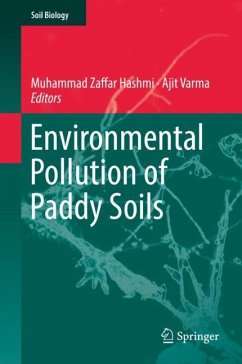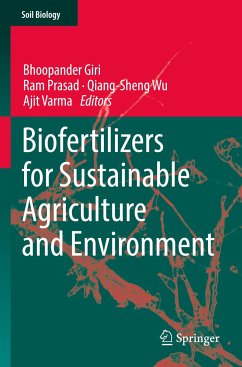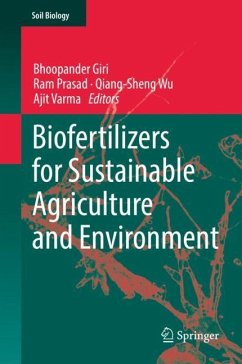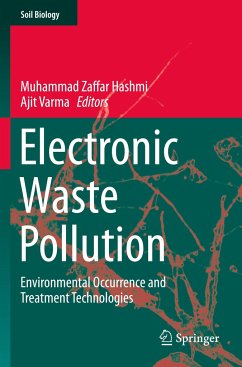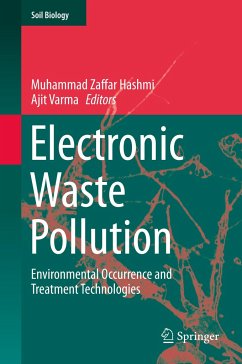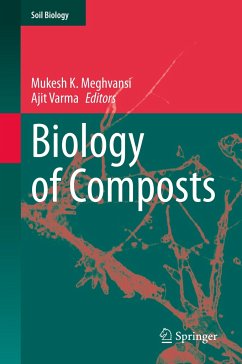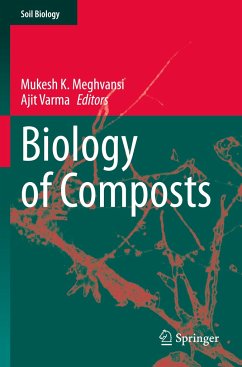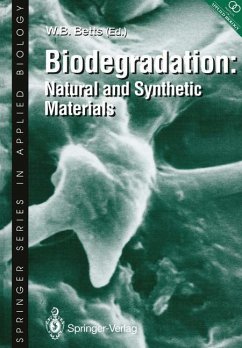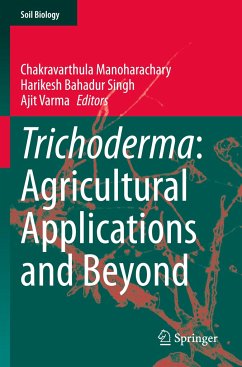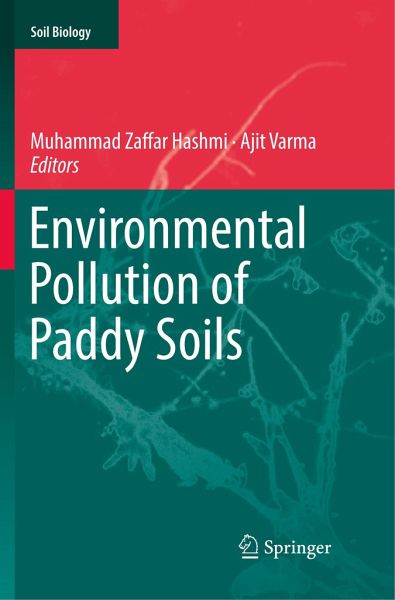
Environmental Pollution of Paddy Soils
Versandkostenfrei!
Versandfertig in 6-10 Tagen
76,99 €
inkl. MwSt.

PAYBACK Punkte
38 °P sammeln!
The paddy field is a unique agro-ecosystem and provides services such as food, nutrient recycling and diverse habitats. However, chemical contamination of paddy soils has degraded the quality of this important ecosystem.This book provides an overview of our current understanding of paddy soil pollution, addressing topics such as the major types of pollutants in contaminated paddy soil ecosystems; factors affecting the fate of pollutants in paddy soil; biomonitoring approaches to assess the contaminated paddy soil; the impact of chemicals on soil microbial diversity; and climate change. It also...
The paddy field is a unique agro-ecosystem and provides services such as food, nutrient recycling and diverse habitats. However, chemical contamination of paddy soils has degraded the quality of this important ecosystem.
This book provides an overview of our current understanding of paddy soil pollution, addressing topics such as the major types of pollutants in contaminated paddy soil ecosystems; factors affecting the fate of pollutants in paddy soil; biomonitoring approaches to assess the contaminated paddy soil; the impact of chemicals on soil microbial diversity; and climate change. It also covers arsenic and heavy metal pollution of paddy soils and their impact on rice quality. Further, new emerging contaminants such as antibiotics and antibiotics resistance genes (ARGs) in paddy soil and their impact on environmental health are also discussed. The last chapters focus on the bioremediation approaches for the management of paddy soils.
This book provides an overview of our current understanding of paddy soil pollution, addressing topics such as the major types of pollutants in contaminated paddy soil ecosystems; factors affecting the fate of pollutants in paddy soil; biomonitoring approaches to assess the contaminated paddy soil; the impact of chemicals on soil microbial diversity; and climate change. It also covers arsenic and heavy metal pollution of paddy soils and their impact on rice quality. Further, new emerging contaminants such as antibiotics and antibiotics resistance genes (ARGs) in paddy soil and their impact on environmental health are also discussed. The last chapters focus on the bioremediation approaches for the management of paddy soils.



